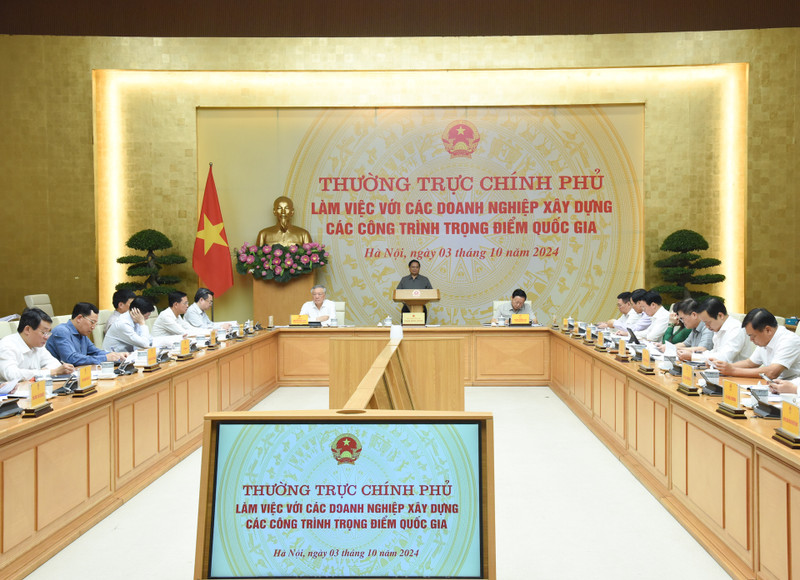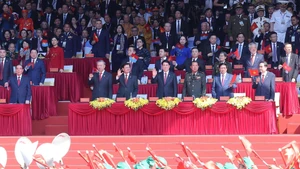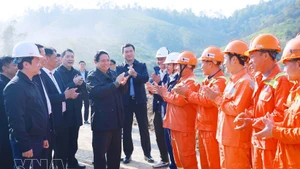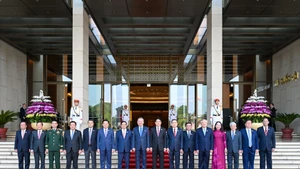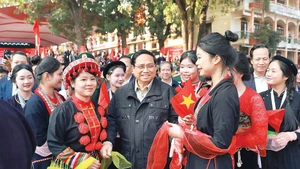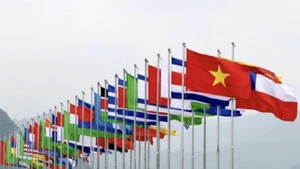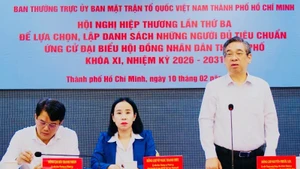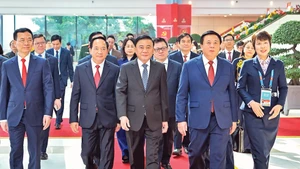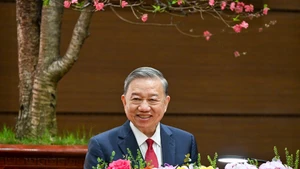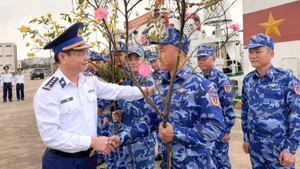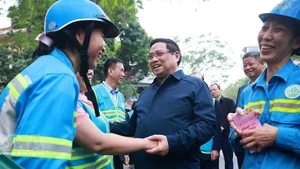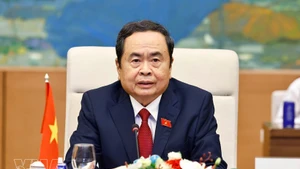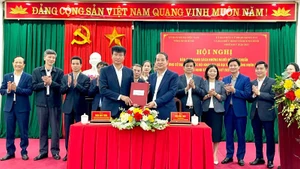During the meeting, participants proposed the Government focus on improving regulations on investment, contracts, and bidding processes, raising credit limits for construction companies, and facilitating partnerships between domestic and international firms for project implementation, among other works.
Following responses from ministers, sector leaders, and deputy PMs, the PM concluded that despite positive results, there remain certain shortcomings in the legal framework for the implementation of projects, as well as in the training of human resources.
The leader sketched key tasks to overcome obstacles and accelerate the development of strategic infrastructure. He stressed that making infrastructure breakthrough is essential for driving national industrialisation and modernisation, opening up new development spaces, forming new urban areas and services, reducing logistics costs, creating jobs, and fostering enterprise development.
To achieve this, it is important to devise mechanisms and policies to mobilise all resources, including those of the State, businesses, people, and investors, while ensuring harmonious interests among the State, people, and businesses, he noted. It is also necessary to leverage the achievements of the Fourth Industrial Revolution, advance technology transfer, and enhance human resources training to meet development demand in the new period.
Chinh went on to request continued improvement of the legal framework, particularly on site clearance, construction materials, and bidding standards and processes, so that regulations become more streamlined and business-friendly. Additionally, he stressed the importance of stronger decentralisation, together with the allocation of resources and the development of monitoring and evaluation tools. Administrative procedures should also be reformed to reduce unnecessary burdens on citizens and businesses.
He called on businesses, with the State's assistance in terms of regulations, resources and international cooperation, to uphold the spirit of self-reliance and bring into play their own capacity to grow strongly.
Directing ministries, sectors, and local authorities to proactively perform key tasks within their purview, the PM tasked the Ministry of Construction with refining urban planning and developing criteria, standards, and quotas that ensure harmonious benefits. The Ministry of Natural Resources and Environment, in coordination with localities involved, was assigned to resolve issues related to material resources and land-use purpose conversion, especially for forested land.
He also farmed out tasks to the Ministry of Planning and Investment, the Ministry of Finance, the State Bank of Vietnam, the Ministry of Labour, Invalids and Social Affairs, and the Ministry of Education and Training.
The Government leader asked localities to engage the entire political system in accelerating nationally important projects, particularly concerning site clearance and land-use purpose conversion.
